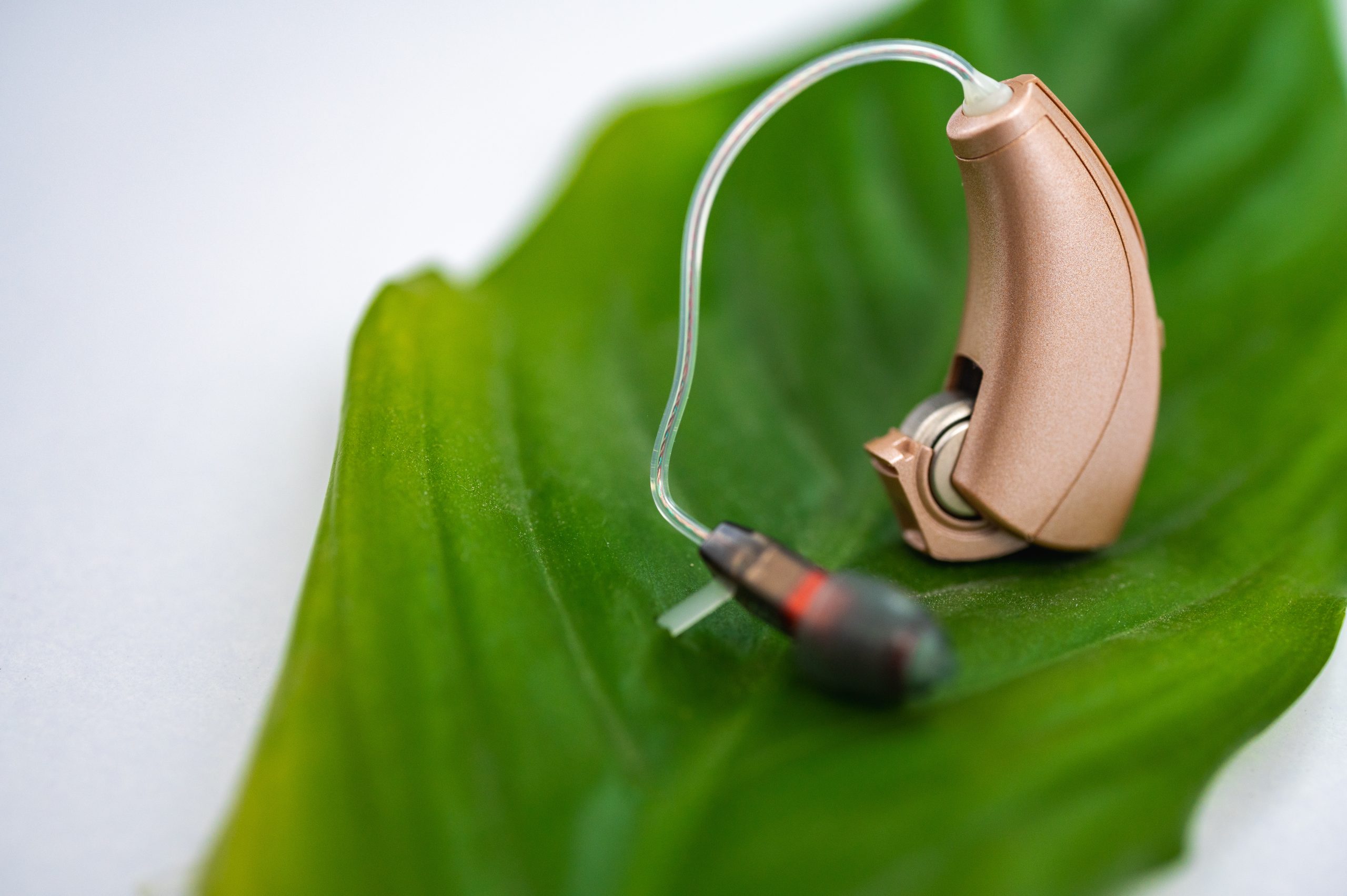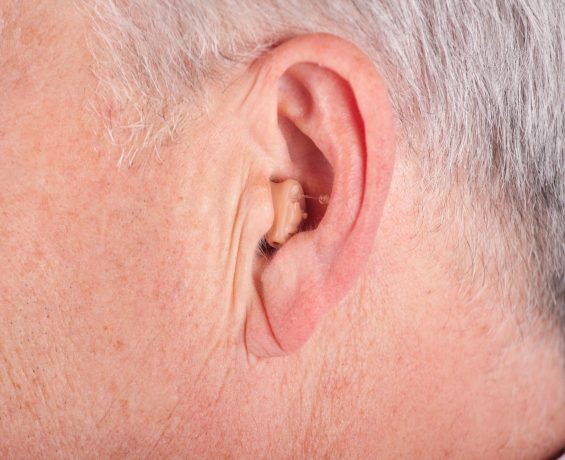Frequently Asked Questions
Obtaining a hearing aid involves a combination of clinical and non-clinical steps. The process begins with a clinical evaluation performed by an audiologist to assess hearing abilities and determine hearing loss type and degree. Following the evaluation, non-clinical aspects include selecting a suitable hearing aid model, customization, fitting, programming, and receiving instructions on proper use and maintenance. Both clinical and non-clinical elements are essential to ensure that the chosen hearing aid effectively addresses individual hearing needs and preferences.
You may need hearing aids if you’re experiencing difficulties in hearing and communication that impact your daily life. Common signs that indicate a potential need for hearing aids include:


Hearing Assessments

As hearing experts, we provide comprehensive testing and work with ENT specialists to ensure the care of your hearing health.
South Edmonton: 780-809-1349
St. Albert: 780-590-1349